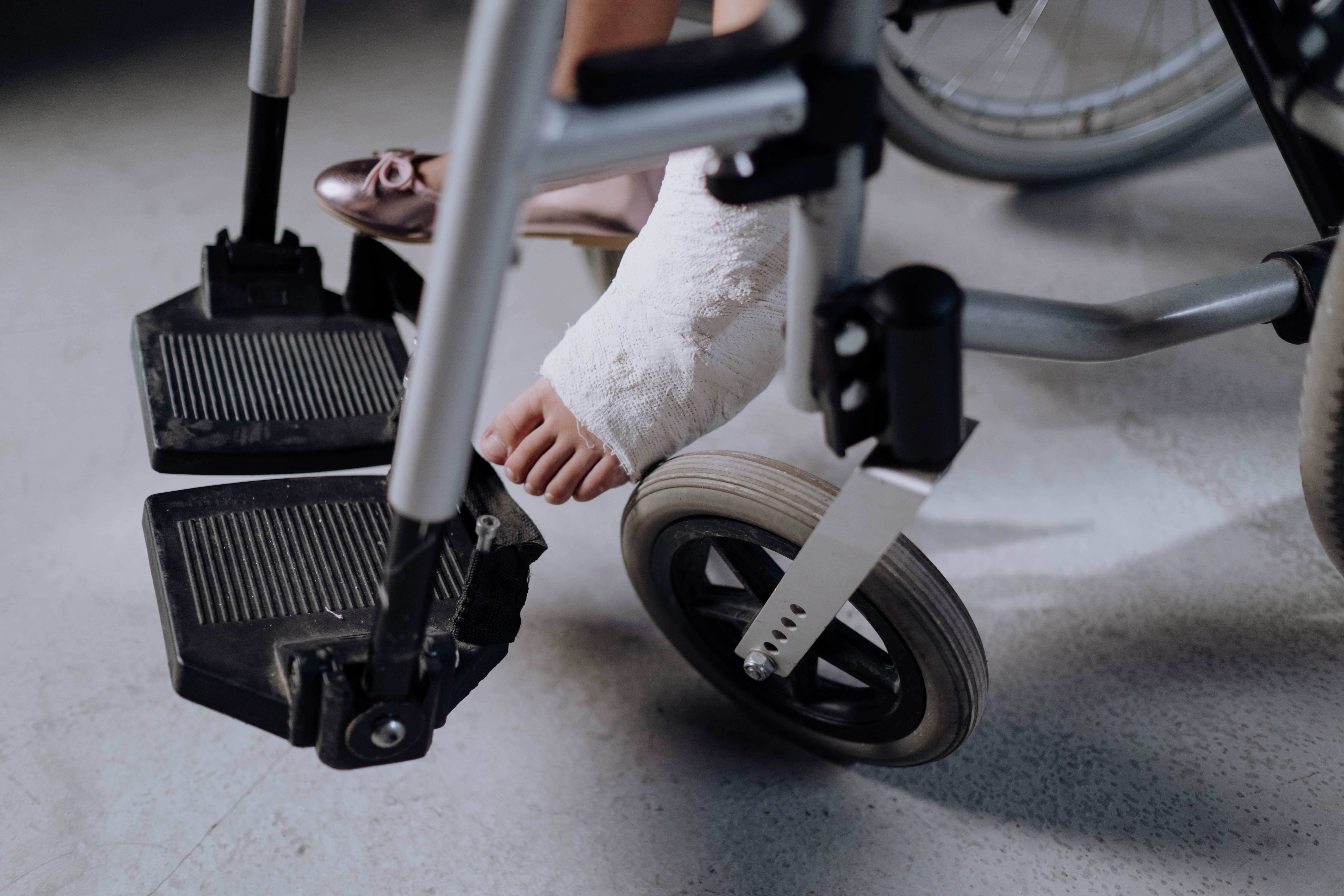Remember that your health and well-being should always be a top priority and don’t hesitate to reach out for help when needed.
We all have busy lives, that’s for sure. This is especially true for those of us who work full time and have multiple responsibilities outside of work. But when an injury occurs on the job, things can get even more complicated. When you’re balancing your recovery, job, and legal issues after a work injury, it can feel like too much all at once. But no matter how stressed you are, don’t forget that you have the right to seek medical care and legal advice in order to protect yourself. Here are seven tips for finding a balance between your medical care and legal needs.
Seek Medical Treatment Immediately
No matter how small, you’ll want to seek medical treatment immediately after a work injury, even if you don’t think it’s serious at first. Not only will this ensure that you get proper treatment for your injury, but it will also create a record of your injury that can help with any legal proceedings.
Some examples of medical treatment that may be necessary include seeking first aid, going to the emergency room, or scheduling an appointment with your primary care physician. Be sure to follow through with any recommended treatment and attend all follow-up appointments to ensure proper healing and documentation of your injury.
Follow Your Doctor’s Recommendations
After seeking medical treatment, make sure to follow your doctor’s recommendations for recovery. This may include rest, physical therapy, or other treatments. By following their advice and taking care of yourself, you are setting yourself up for a successful recovery. It also shows that you are taking your injury seriously, which can help with any legal proceedings.
The duration of your medical treatment will vary depending on the severity of your injuries and the type of work you do. For minor injuries, you may only need a few days or weeks of rest and recovery before returning to work. However, for more serious injuries, such as those that require surgery or long-term physical therapy, your treatment may last for several months or even longer. Just be sure to communicate with your doctor about any progress or setbacks in your recovery so they can adjust their recommendations accordingly.
Keep Records of Your Treatment
It’s crucial to keep records of all your medical treatment related to the work injury. This includes paperwork from doctor visits, prescriptions, and any other expenses related to your injury. These records will be important to have if you need to take legal action. Try your best to keep your records organized and in a safe place. This can include creating a folder specifically for these documents or storing them electronically. By keeping everything together, you’ll have easy access to the information if needed.
Consult With a Workers’ Compensation Attorney
If your work injury is serious and requires ongoing medical treatment, you’ll need to consult with a workers’ compensation attorney as soon as possible. They can help get you more info and guide you through the legal process to ensure that your rights are protected throughout.
If you’ve never worked with a workers’ compensation attorney before, don’t worry. They’re there to help you understand the process and answer any questions you may have. Be sure to schedule a consultation to discuss your case in detail and get a better understanding of how they can assist you. Do your best to choose an experienced and reputable attorney who has your best interests in mind.
Communicate With Your Employer
You’ll want to keep your employer updated regularly on your medical treatment for the work injury. This can include informing them of any new appointments or changes in your treatment plan. It’s best to communicate with them through email or written correspondence, so you have a record of the communication. Be honest and open about your progress and any challenges you may be facing. This will not only help keep your employer informed but also show that you are actively seeking care and working towards recovery.
Take Time Off Work If Needed
Don’t push yourself too hard after a work injury. If your doctor recommends taking time off work to recover, listen to their advice. Be sure to allow your body time to heal in order to prevent further injury or complications. Depending on the severity of your work injury, you may be entitled to different types of time off from work.

Some injuries may require a few days or weeks of rest and recovery, while others may require long-term leave or even permanent disability. It’s vital to understand your rights and communicate with both your doctor and employer about any necessary time off. This will ensure that you are taking the appropriate amount of time to recover without jeopardizing your job or legal case.
Don’t Be Afraid to Ask for Help
Balancing medical care and legal advice can be overwhelming, so don’t be afraid to ask for help when you need it. Whether it’s from family, friends, or professionals, having support during this challenging time can make a huge difference. You may also want to consider joining a support group for others who have experienced work injuries. This can be a great way to connect with others who understand what you’re going through and offer valuable advice and resources.
Dealing with a work injury can be stressful and overwhelming. But by following these tips and seeking the necessary medical care and legal advice, you are taking important steps towards protecting yourself and getting back on track. Remember that your health and well-being should always be a top priority and don’t hesitate to reach out for help when needed. Stay strong and keep moving forward towards a successful recovery. Good luck out there!


Join the conversation!